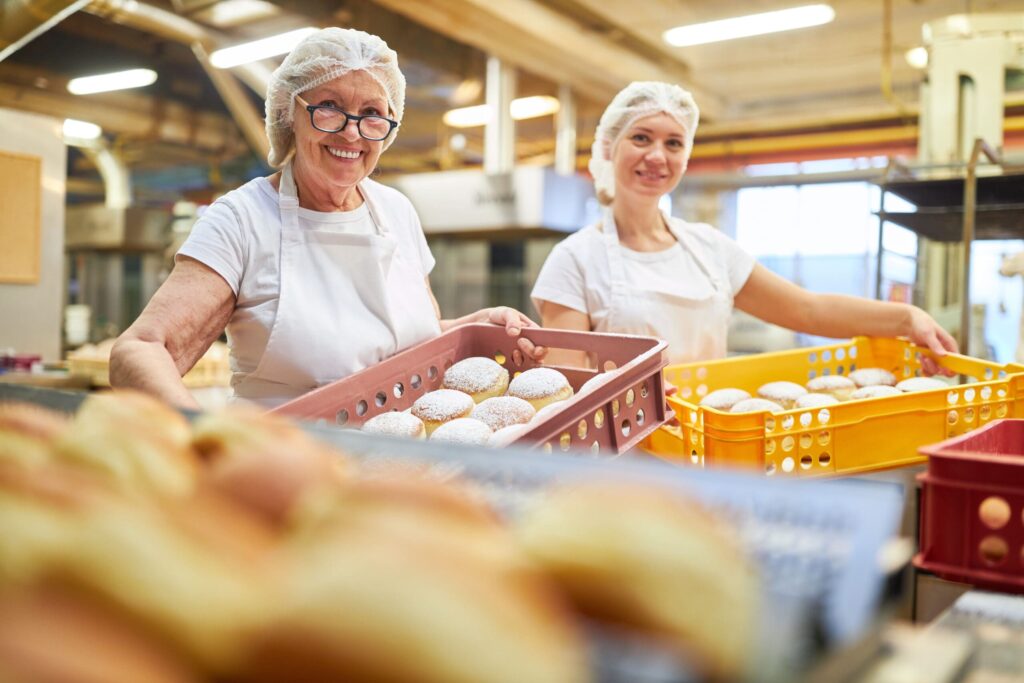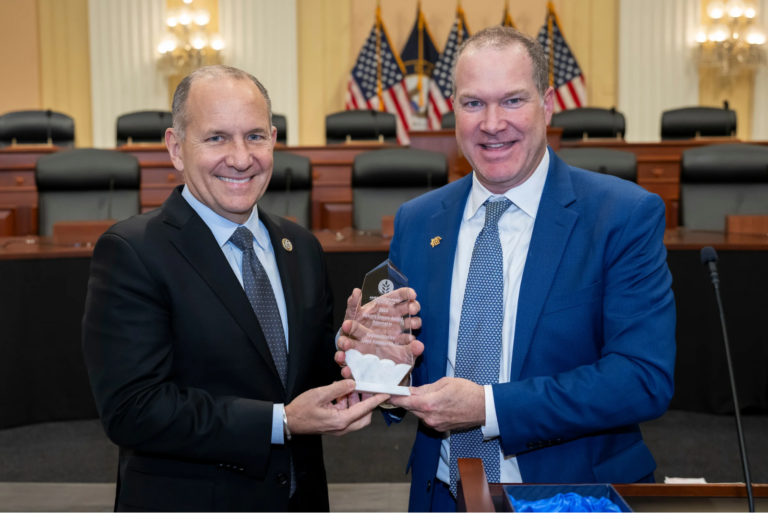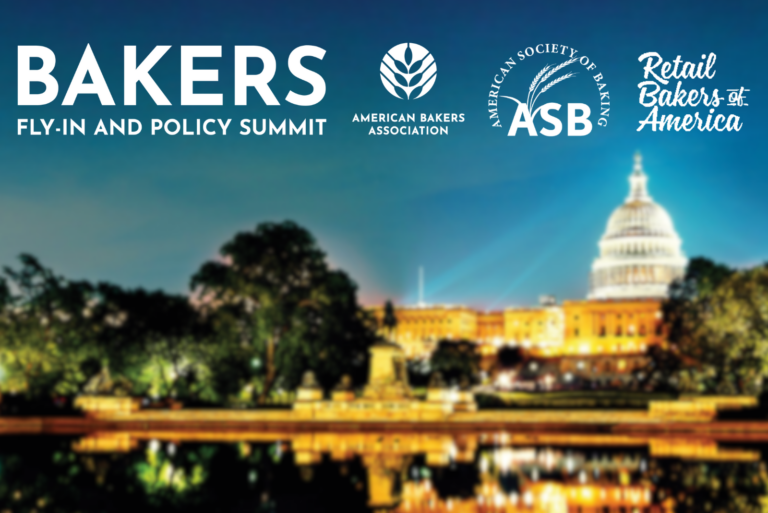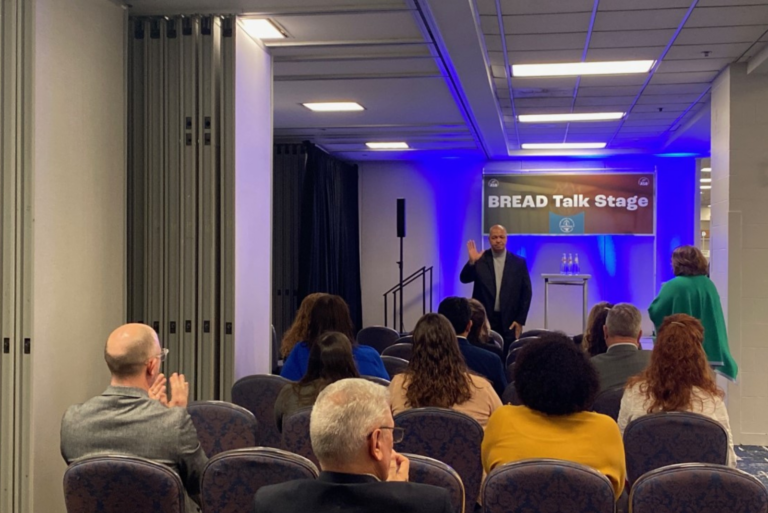WASHINGTON DC — In the ever-changing culture of the commercial baking industry, diversity, equity and inclusion (DEI) is also constantly evolving, perhaps more quickly than some companies can fully grasp the overarching issue.
In an effort to keep its membership educated and engaged, the American Bakers Association (ABA)’s DEI Working Group hosted a DEI conference in conjunction with the Bakers Fly-In and Policy Summit, held Nov. 13-15 in Washington DC.
The conference covered topics including employee resource groups (ERGs) and the sustainability of DEI. The group also heard from Chris Moreland, CEO of Moreland Accord, who spoke about the “blind attraction to certainty” and the importance of recognizing mindset in leadership, especially around DEI initiatives.
“Chris made a great point that 95 percent of DEI is hidden below the surface,” said Felisa Stockwell, VP of global people and culture for Dawn Foods and co-chair of ABA’s DEI Working Group. “It’s the stuff we don’t normally see or know about someone. When we take the time to really get to know people — understand their views, ideas, dreams and needs — we’re setting the stage for environments where our teams and our business can truly thrive.”











